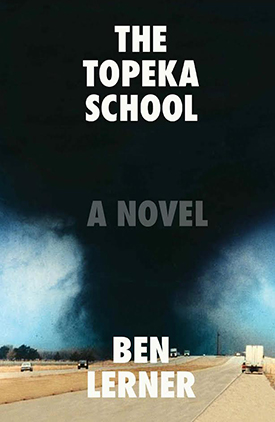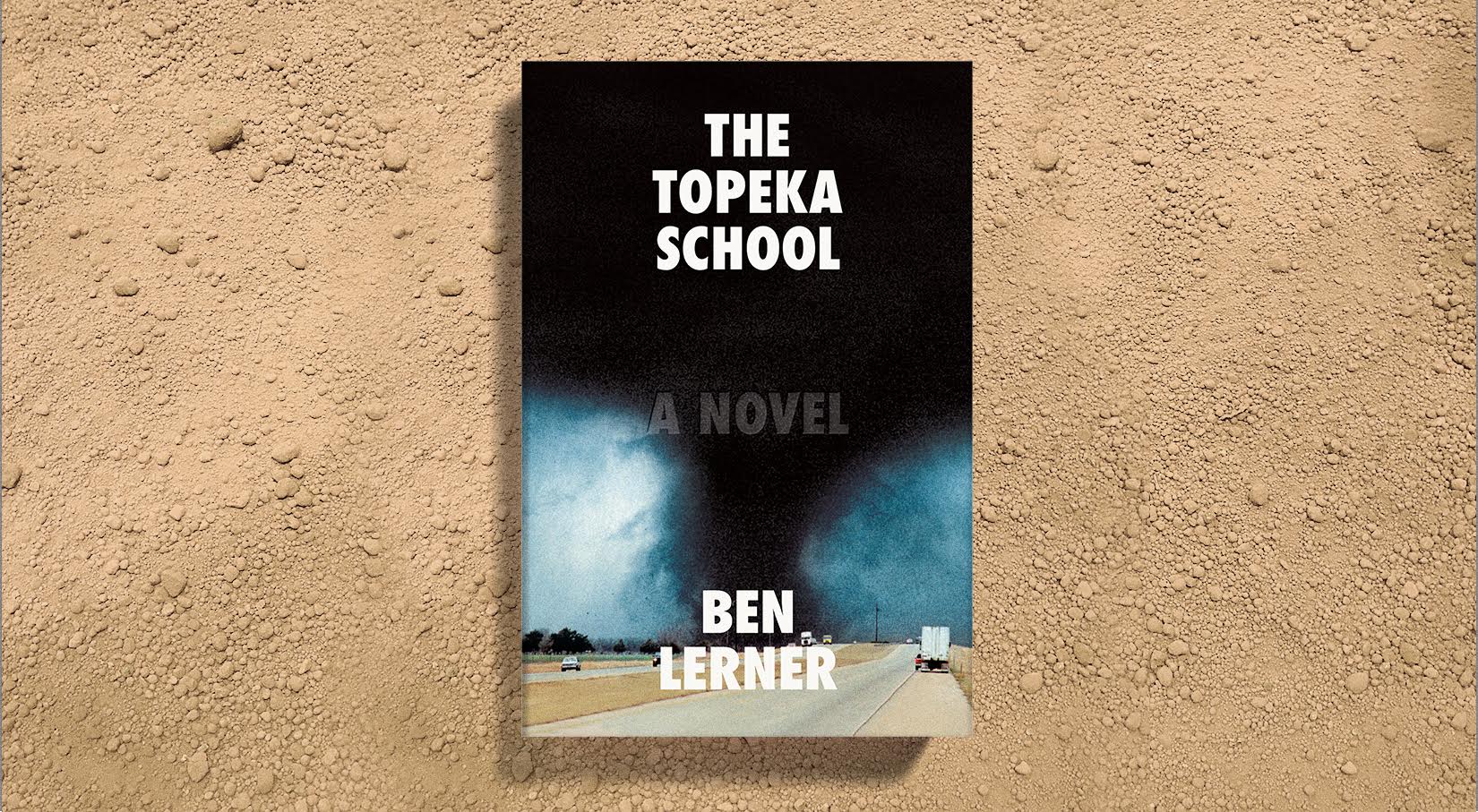
“The Topeka School is a novel of exhilarating intellectual inquiry, penetrating social insight, and deep psychological sensitivity . . . To the extent that we can speak of a future at present, I think the future of the novel is here.”
—Sally Rooney, author of Normal People
A note from our Publisher and Ben Lerner’s editor, Mitzi Angel:
Dear Reader,
Ben Lerner is one of the most celebrated writers of his generation. Both Leaving the Atocha Station and 10:04 are known for their brilliance and humor—and for the unusual way they understand and describe how historical events insinuate themselves into our intimate relationships. These novels rank among the most significant works of literature composed in the twenty-first century, which makes it all the more extraordinary to describe his new book, The Topeka School, as a breakthrough.
But The Topeka School is a breakthrough. Only Lerner could have written it, and yet no one could have expected it. Set in Topeka in the 1990s, far from the cities through which Lerner’s previous two protagonists have wandered, it tells the story of Adam Gordon, a high school senior “whose hair is drawn into a ponytail while the sides of his head are shaved, a disastrous tonsorial compromise between the lefty household of his parents and the red state in which he was raised.” This novel is the history of that “lefty household,” told in his psychologist parents’ voices; it is also a disturbing, if often very funny, exploration of the forces that have led us to Trump. Unlike Adam’s horrible haircut, The Topeka School is utterly uncompromising: it confronts topics ranging from sexual abuse to racial appropriation to the bankruptcy of what passes for our political discourse. It does so with a courage and a clarity that ultimately leave one full of hope.
This is a great novel about the end of the twentieth century seen from our disastrous present. This is a great novel about reimagining one’s childhood seen from the perspective of one’s parents. And this is a great novel about language under pressure—from the obsession with speed in high school debate to freestyle rap to therapy to racist dog whistles of the New Right. But no matter Lerner’s topic, his own language is a tonic against despair: the way the historical and the personal are woven together in Lerner’s exquisite prose reinvigorates my sense of what literature can do now.
But no matter Lerner’s topic, his own language is a tonic against despair: the way the historical and the personal are woven together in Lerner’s exquisite prose reinvigorates my sense of what literature can do now.
Late in the book we encounter the following short parenthetical paragraph. Adam and his girlfriend, Amber, are having dinner with his parents at Topeka’s new sushi restaurant:
“(Brief moment of wonder when Amber discovered a ladybug on a leaf of iceberg lettuce in her salad, holding up the scarlet beetle on her chopstick. It had avoided the thick ginger dressing and so, when she blew on it, proved capable of flight.)”
You are about to encounter an intricate and compelling plot, powerful ideas, dramatic tension. They will—and should—be talked about for many years. But there are also in Lerner’s prose these little lyrical miracles, moments of beautiful, unmotivated wonder. I do not know how to describe them, but I believe you’ll feel them. Reading The Topeka School, I feel very alive.
Yours sincerely,
Mitzi Angel
Publisher
The cover design is by FSG’s creative director Rodrigo Corral.
Ben Lerner was born in Topeka, Kansas, in 1979. He has received fellowships from the Fulbright, Guggenheim, and MacArthur Foundations, and is the author of the internationally acclaimed novels Leaving the Atocha Station and 10:04, and an essay, The Hatred of Poetry. His poetry collections include The Lichtenberg Figures, Angle of Yaw, and Mean Free Path. Lerner is a professor of English at Brooklyn College.
